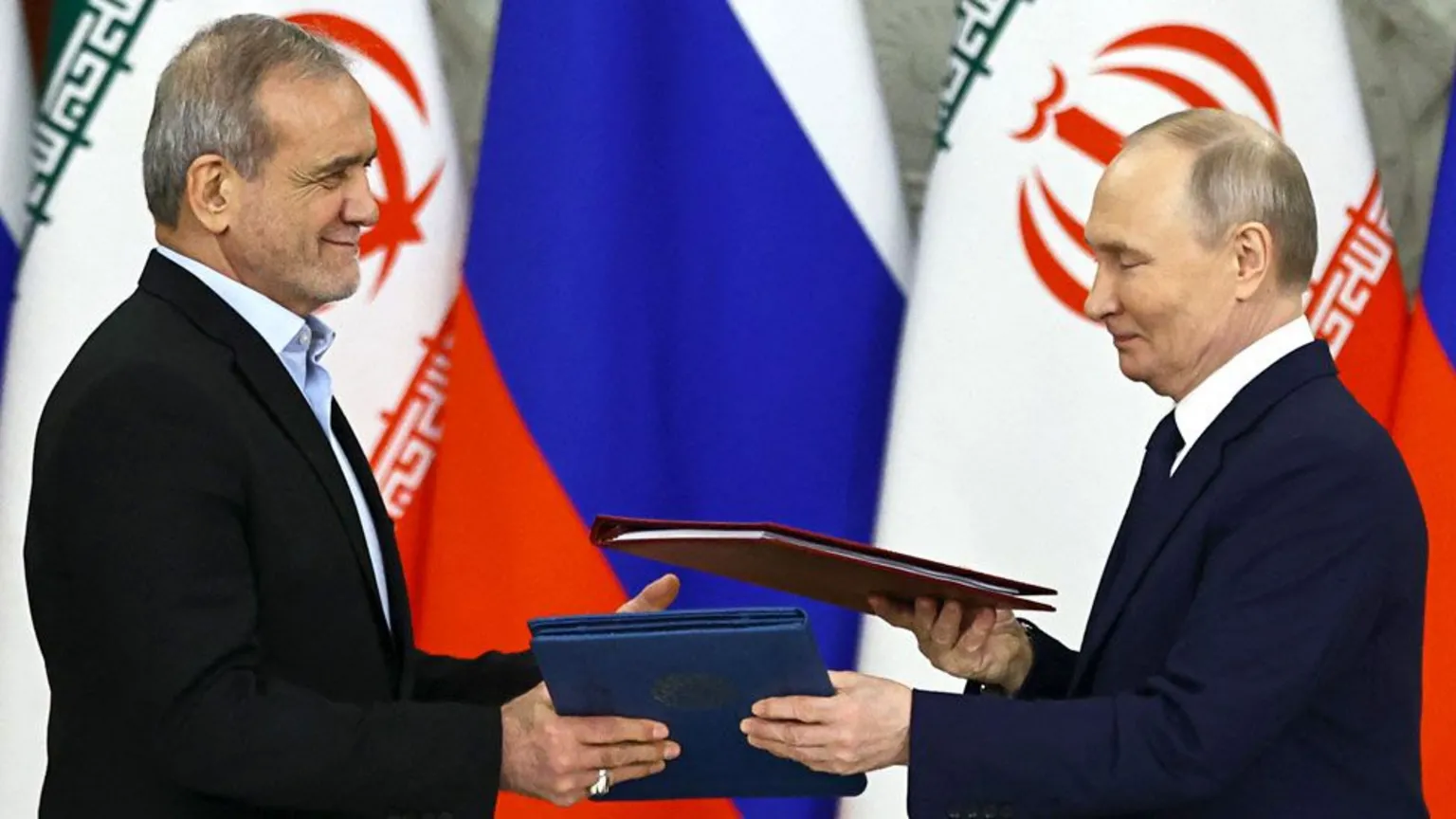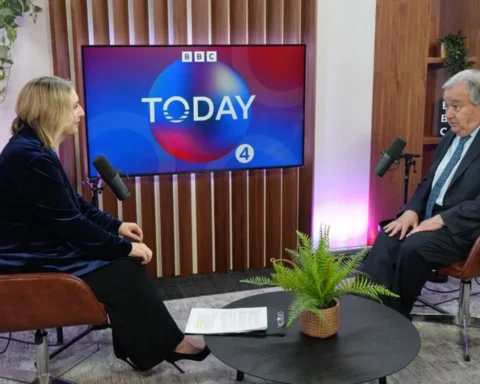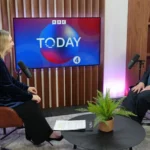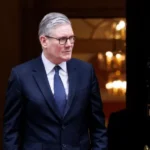As tensions in the Middle East escalate with Israel’s launch of Operation Rising Lion, Russia is facing uncomfortable questions about its influence—and vulnerabilities—in the region. The Kremlin, which has long touted its partnership with Tehran, finds itself sidelined as the conflict intensifies and Iran absorbs Israeli strikes without tangible Russian support.
Just five months ago, President Vladimir Putin and newly elected Iranian President Masoud Pezeshkian signed a sweeping strategic partnership agreement in Moscow, lauded by both sides as a milestone in regional cooperation. But as experts now point out, the deal falls short of a formal military alliance and places no obligation on Moscow to defend Tehran militarily.
“The fact remains that Russia was unable to prevent a mass strike by Israel on a country with which it signed a comprehensive partnership,” wrote political analyst Andrei Kortunov in Kommersant. “Moscow is clearly not prepared to go beyond political statements condemning Israel.”
While Russian state media initially highlighted potential upsides—including a surge in oil prices and a shift of global attention away from the Ukraine war—those narratives are now clashing with the harsh realities of strategic risk.
Russia’s reliance on Iranian-made Shahed drones in Ukraine underscores the deep military interdependence between the two nations. A destabilized Iran or a potential regime change could jeopardize this supply chain and diminish Moscow’s regional leverage.
This comes on the heels of another blow: the fall of Syrian leader Bashar al-Assad last December, which cost Russia a long-time ally in Damascus. Assad, now in exile under Russian protection, was a pillar of Moscow’s influence in the Arab world.
“In global politics right now, massive changes are taking place in real time which will affect life in our country,” Moskovsky Komsomolets warned in a recent editorial.
Putin, currently attending the St. Petersburg International Economic Forum—a once-prestigious event now shunned by many Western executives—is expected to address both the Ukraine war and the rapidly shifting Middle East dynamics. Though framed as an economic showcase, this year’s forum is likely to double as a platform for geopolitical positioning.
For the Kremlin, the stakes are high. Another strategic loss in the Middle East could further erode Russia’s image as a global power broker—and signal that even its closest allies cannot rely on Moscow when crisis strikes.







